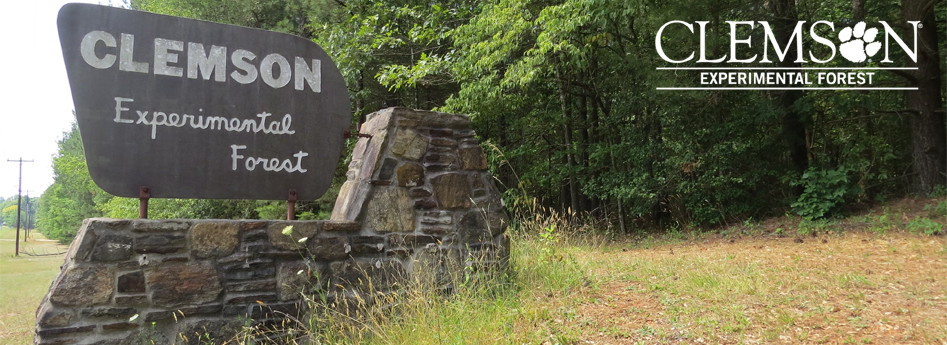Clemson Experimental Forest
- The Clemson Experimental Forest is a national exemplar of a teaching, research and public-service resource for a top-tier university.
- The forest enhances Thomas Green Clemson's vision of the university as "high seminary of learning."
- The forest leads by example, developing, evaluating and demonstrating best scientific natural resource management practices.
- The forest serves as a rejuvenating sanctuary, revitalizing the bond between people and the natural environment and benefiting the community at large.
- The forest will generate revenues from fees, grants, endowments and forest products sales, enabling it to be self-supporting.
- The forest is a multipurpose greenspace, offering a diversity of opportunities and benefits to students, faculty and staff and the public.
- The forest is managed consistent with the intent of it being the nation's gift to Clemson University, showing the federal government's faith and confidence in the university to use the land for teaching, research and service.
- This working forest is to be used to meet current teaching, research and public-oriented needs and held in trust to meet the needs of future generations.The forest holds a unique status, serving as a historical and scientific repository of regional land-use and research. It is an invaluable evolving record for present and future generations of scholars and public-policymakers.
The Clemson Experimental Forest's 17,500 acres are dedicated to education, research and demonstration in order to better understand and manage forest resources for the benefit of society. These essential resources include clean air, clean water, pleasing aesthetic qualities, abundant wildlife, protection of species and habitat diversity, recreation opportunities, along with commodity products from the forest.
Mission
The prime directive for the forest is to be a well-managed, self-sustaining, ecologically healthy, living laboratory, classroom and recreational resource for the benefit of the university, commerce and citizenry of South Carolina, vouchsafed with a mandate to protect and promote in perpetuity the forest as an irreplaceable educational, environmental, scientific and social asset.



